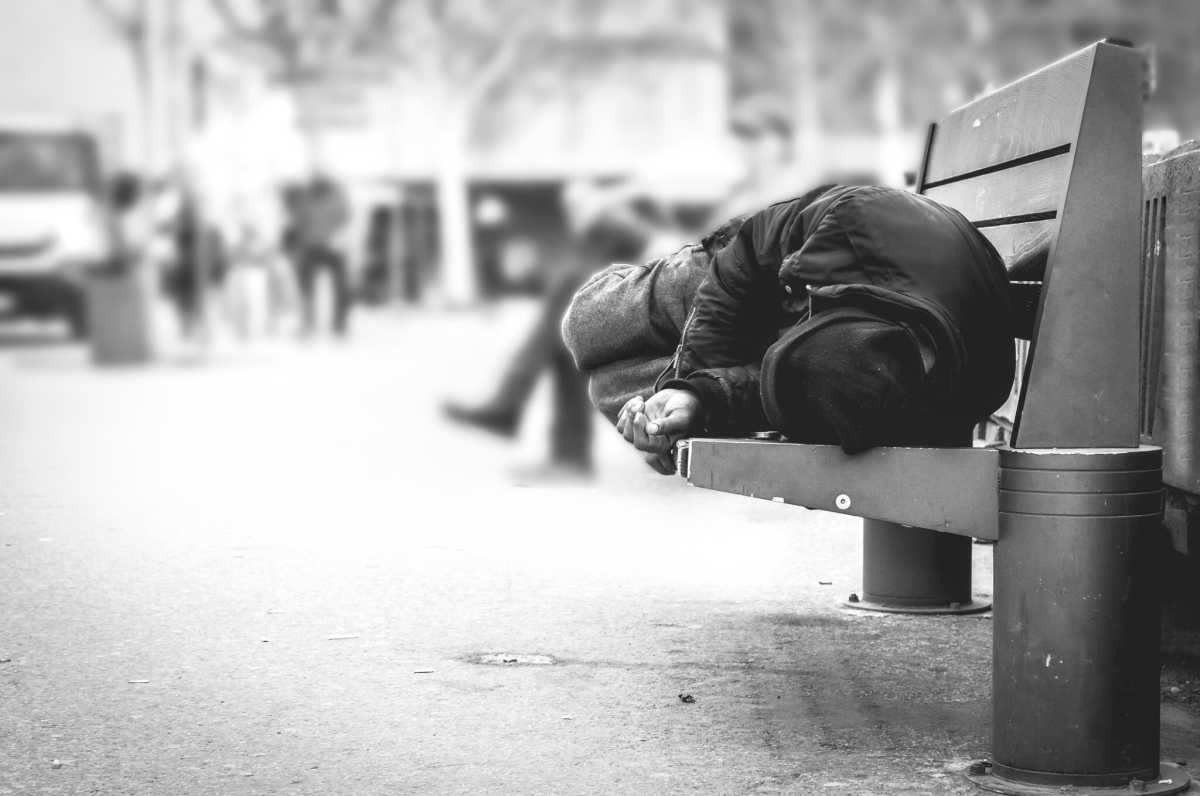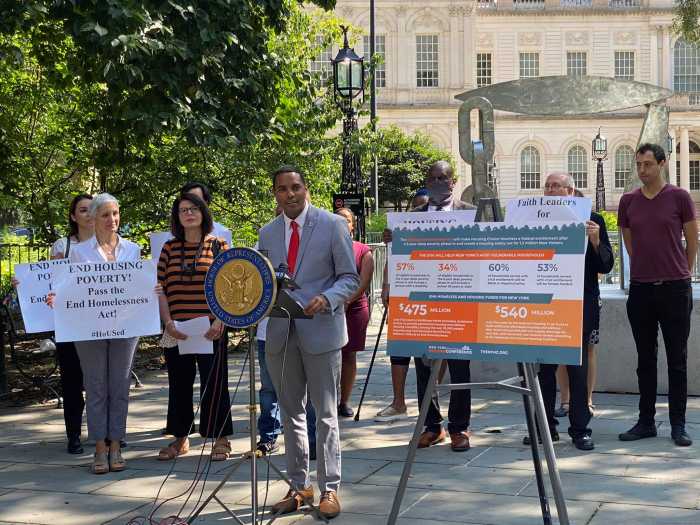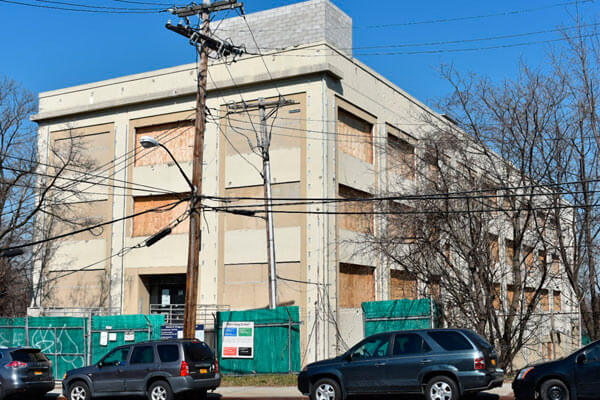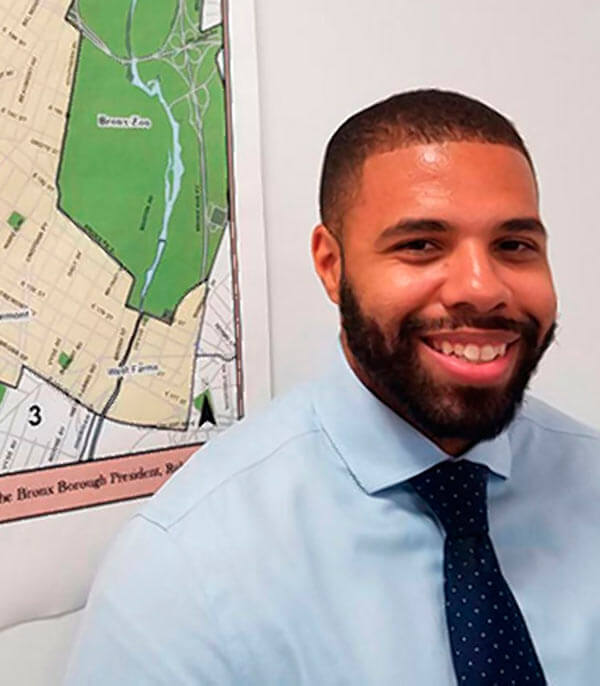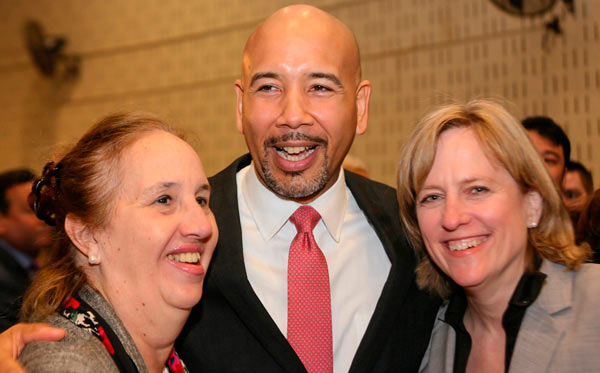From the Coalition for the Homeless: “In May 2021, there were 51,882 homeless people, including 15,930 homeless children, sleeping each night in the New York City municipal shelter system. A near-record 20,064 single adults slept in shelters in May 2021.” New York City has a record number of homeless people, and that number is growing every day. And yet, the city’s strategy to deal with this is building more and more shelters.
The city is also throwing billions of dollars into this system every year. “Spending on homelessness in New York City has more than doubled to $3.2 billion from fiscal year 2014 to 2019,” from an excerpt from a report by Scott Stringer’s office in 2019.
Building more shelters with more beds on every block in this city will solve nothing. It creates warehouses to “store” people to get them off the streets at least part of the time at best, and, at worst, such a concentration of the homeless (especially Single Room Occupancies) can negatively influence the communities in which they are placed as well as maintain the homeless in a perpetual cycle of homelessness. This is like trying to put a Band-Aid on a hemorrhage. There are so many complex issues here it needs to be broken down.
There are the individual homeless populations, each having different needs. Often the homeless families (women and children) are fleeing domestic violence and the single mother could not support her family without assistance. The working poor families may find themselves homeless due to COVID or the fact that they earn too little to pay the rent and take care of their families.
Then there are the SRO populations, many of whom have continuing unmet needs for addiction, substance abuse and mental health issues.
What is the city doing in these shelters to meet these needs? Should these people receive supportive housing to help get them back on their feet (if possible) instead? Is just putting them in a bed in a barracks enough? It is certainly cheaper in the short run, but not so in the long run, as very few can break out of the cycle of homelessness.
And here is another perspective. We are one of only a very few states that has a right to shelter law, meaning that anyone who shows up at an intake center must be sheltered immediately, no questions asked. This has also made us a magnet for the homeless of other states.
On the most cynical side, many people are making hundreds of thousands of dollars from the shelter system. There are middle man developers who are building them — like the $360 million being spent for the 200-bed SRO to be built on Blondell Avenue — and landlords getting enormous prices and rents from the city, so there is very little financial incentive to fix the broken shelter system, as it has become a profit center fort many.
And now the homeless and their allies are marching and suing the city to stay in the luxury hotels they were placed in due to COVID instead of going back to shelters. They insist that every case must be evaluated individually. This will take many years, as there are thousands of homeless, and they know it. But who wouldn’t prefer a luxury hotel at the taxpayers’ expense to a city-run shelter?
But, we the taxpayers are paying for all of this. Now I am starting to ask myself questions like, “Why am I struggling to pay my property taxes for a 100-year-old house, and having one-third of my full-time pay go to taxes while a homeless family is staying in a luxury hotel or apartment at my expense?”
I understand there are many aspects to this. I also understand we need compassion. But it seems to me the city’s “policies,” — if you can call them that — have only been creating more homeless, more expenses and more unfairness, not just to the homeless, but also to the working class that supports them — more corruption and absurdities.
To me, building a $360 million homeless shelter for single men on a known contamination site, instead of one of the thousands of vacant city-owned lots is a fiscal outrage. It can only be viewed as a sweetheart deal for someone, but certainly not for the community or the taxpayers footing the bill.
Stay safe, get vaccinated. Until we meet again.

